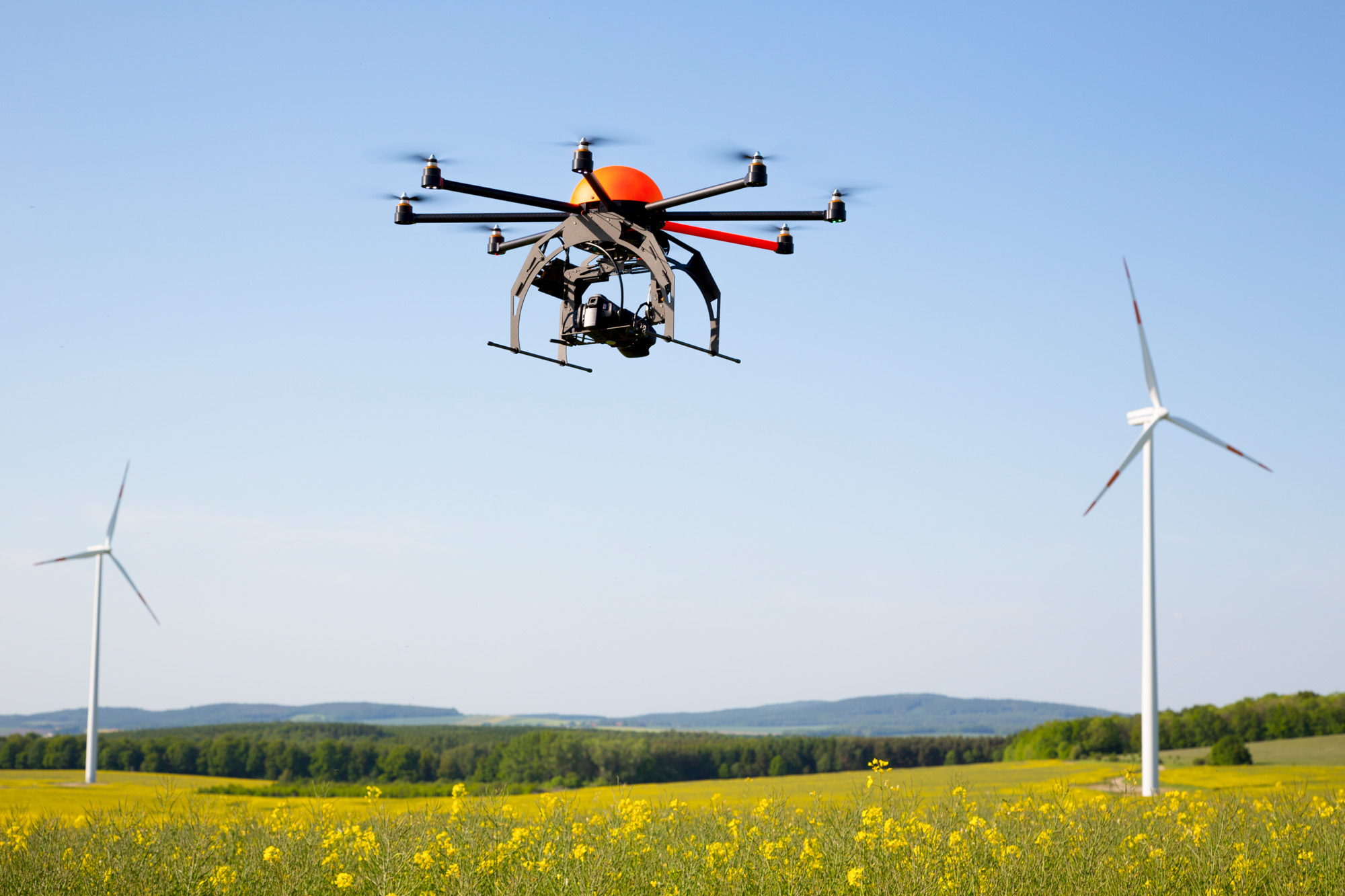May 26, 2016
NBAA welcomes new recommended federal privacy guidelines for the use of unmanned aircraft systems (UAS) and encourages its members to incorporate these “best practices” into their UAS operations. These recommended guidelines are a result of industry stakeholder collaboration.

The growing popularity of small, agile UAS equipped with cameras and other sensors has fueled public anxiety, including concerns about what happens to the images and other information that the aircraft collect. The new guidelines, released May 19 by the U.S. Commerce Department’s National Telecommunications and Information Administration (NTIA), outline voluntary steps that UAS users can take to gather and manage data responsibly and reassure the public.
“NBAA fully endorses these guidelines,” said Bob Lamond, the association’s director of air traffic services and infrastructure. “Members of the public are concerned that their personal privacy may be compromised by the increasing use of commercial and recreational UAS. These guidelines should go a long way toward easing those concerns.”
The guidelines, titled “Voluntary Best Practices for UAS Privacy, Transparency and Accountability,” encourage UAS users to:
- Inform affected people of UAS use and the collection of data
- Take care in the collection and storage of information that identifies a particular person
- Limit the use and sharing of such data
- Secure data
- Monitor and comply with applicable federal, state and local laws as they evolve
The eight-page document recommends that UAS users incorporate privacy policies into their operations manuals and make the policies available to the public. UAS operators are urged to avoid collecting data where individuals have a reasonable expectation of privacy, such as over private property, unless the individuals give consent.
The NTIA said it formulated the best practices with a diverse set of stakeholders, including representatives of the UAS industry and civil liberties groups. President Obama issued a memorandum in February 2015 directing the NTIA to develop the guidelines.


 International Business Aviation Council Ltd.
International Business Aviation Council Ltd.